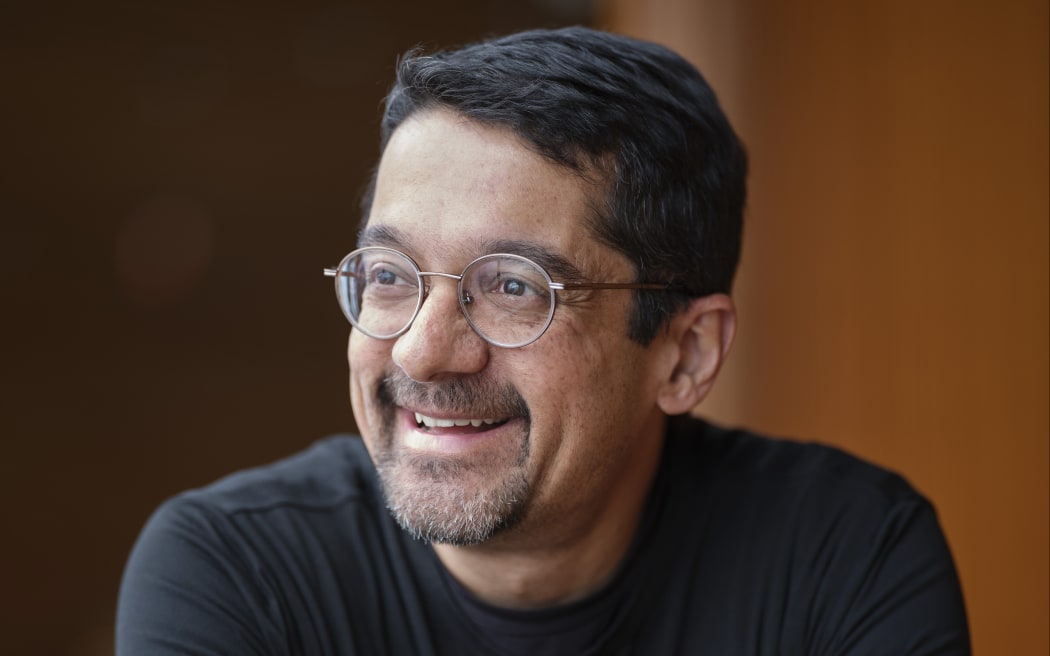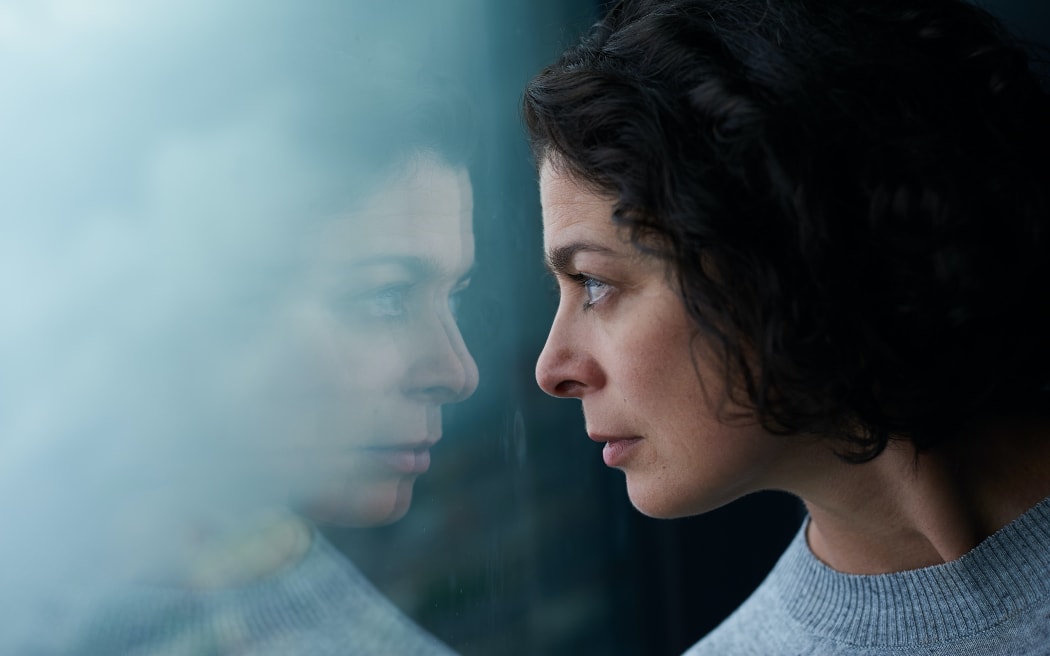Who you are today is not the same person you will be in the future.
While that sounds like a sensible statement, we often hold on to the belief that our future selves will in fact be different, says Shankar Vendantam - a science writer and host of the popular NPR podcast Hidden Brain.
There could even be evolutionary advantages to holding on to this "illusion of continuity", he tells Jesse Mulligan.

Shankar Vedantam Photo: JAMEY STILLINGS
“If parents actually accurately tabulated all the costs and benefits of becoming a parent, there are times that many parents might say 'I want to throw in the towel. This isn't fun to do, I don't really want to be doing this'.
“Evolution has programmed us to think otherwise, to think that our children are the most special creatures on the face of the earth.
“I know that when my own daughter was born, I not only thought that she was the most special human being on the planet, I thought she was the most special human being in the history of the planet. And that is what I would call a useful delusion.”
This kind of self-deception can be dangerous in other circumstances, Vendantam says.
“If you deceive yourself that someone's going to be a good partner to you, if you deceive yourself about how your performance at work is going. These can have catastrophic consequences on your life.
“At a larger level, we know that when nations deceive themselves about their policies or their goals, this can have catastrophic consequences on thousands or millions of people.”
Self-deception about certain things can be a defence against becoming overwhelmed, he says.
“When most of us think about the risks that we face every day, whether those are risks related to a traffic crash or a global pandemic, or just bad luck befalling us, most of us are able to be pretty blind about these risks and imagine that they are not going to happen to us.
“And the fact that we're willing to imagine that we ourselves will not be affected by that risk is actually what helps us get out of bed in the morning and go about our daily lives.”
This aspect of our brains makes us ill-equipped for existential risks such as the climate collapsing, he says.
“Climate change might be a domain where that is a really dangerous thing because our brains really are not well set up to intuit the consequences of risks that are unfolding on a planetary level.”
An individual brain struggles to compute such risks, Vendantam says.
“Which is why most people if they're swimming in the ocean they're worried about being attacked by a shark.
“They're not being worried about climate change affecting the oceans. And of course, the risk of climate change is so much worse than the risk of sharks.”
The human tendency towards self-deception can also be exploited.
“When you think about what magicians do, or what conmen do, it's very much attuned to the frailties and limitations of the human mind.
“Magicians have learned over hundreds of years that the human mind, in fact, is limited in terms of its capacity for attention, or to notice small details or to get misled by something.
“Magicians take advantage of that to entertain us, con men take advantage of the same thing to exploit us and demagogues take advantage of the same problems to lead us astray, to lead whole nations astray.”

Photo: Alexei Maridashvili / Unsplash
Research confirms our tendency to think we've changed a great deal in the past but are somehow unlikely to change much in the future, Vendantam says.
“The psychologist at Harvard, Dan Gilbert, and his colleagues have conducted many studies that show that when you ask people who are 20, or 30, or 40, or 50, or 60, or 70, or 80 'how much have you changed in the past 10 years? And how much do you expect to change in the next 10 years?' at every age, people will tell you that they have changed enormously over the past 10 years, and at every age, people will tell you that they have very little left to change over the next 10 years.
“So that's the paradox and the illusion here, which is that when we look back, we know that change is pretty much a constant. When we look forward, it seems as if change has stopped.”
This is significant because individuals and governments make decisions that will greatly affect their future selves.
"You might get married when you're 25 or 30 or 35. And you're promising to this other person we will be together forever.
“Now, of course, many marriages don't end up staying together.
“But I think at the point at which people get married, I think people genuinely believe that they should stay together, or they plan to stay together.
“The trouble, of course, is that 20 years from then, 30 years from then, the person who's having to keep that promise, your future self, is not the same person that you were. That person might not share your interests, your passions, your applications, your preferences, and the person you're married to similarly has become a different person.”
The same thing happens at the level of public policy, he says.
"Governments pass laws or change our constitutions to say 'here's what we want in the future'.
“What we're doing is we're saying 'here's what I think will be better for you 30 years from now or 40 years from now or 200 years from now.
“And there is certainly hubris in that idea if you think about it. Because we're saying we, in our infinite wisdom today, can make judgments and decisions about what's best for people 20 years from now or 50 years from now.”
Reverse that proposition and the idea seems absurd, Vendantam says.
“Do you really think people 20 years ago or 50 years ago, could make wise decisions for you today?
“You would say obviously, the answer is no, people 50 years ago would have no real conception of what life would be like in the early 2020s.'”
We can see the folly and paradox in this thinking when we look back yet are blind to it when we look forward.
A greater degree of humility about our current state of knowledge would help mitigate this, he says.
"When it comes to passing laws … can we pass laws that basically have sunset provisions in them, or at least have provisions that say, maybe this law needs to be looked at again in 20 years' time so that the people 20 years from now can make a decision on whether this law still makes sense for them.”
Just as our future selves may have fragilities and weaknesses we're disinclined to ponder today, we can easily underestimate our future potential.
“It's important to recognise that the people we are today are not just going to be the same people 20 years from now, 30 years from now, we might have capacities that would allow us to tackle very, very difficult things, things that we would find impossible to do today.”

